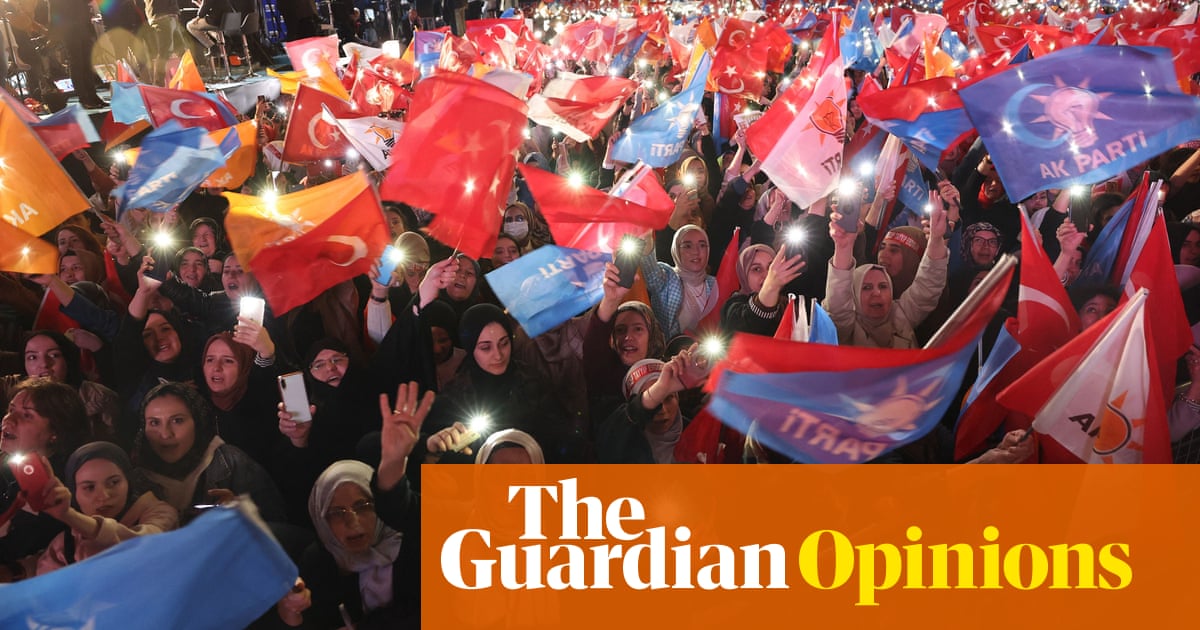
Protesting widows and bereaved parents bearing photos of their lost loved ones from the Beirut port blast were an unforgettable reminder last week of why impunity is morally and practically unaffordable. When mass murderers have the power to derail investigations into their own crimes, it is a guarantee that new generations will suffer bereavement.
In 1982 the world pretended not to notice when Hafez Assad massacred over 20,000 Syrians. His son has been allowed to murder close to a million. Bashar today has only a tenuous hold on Syria. He enjoys no popular legitimacy, and is forced to dance to the tune of Vladimir Putin and Ayatollah Khamenei. So on what basis should we be dealing with this war criminal as a national leader?
Such is Assad’s weakness that the Russian mercenary Wagner Group have been able to monopolize Syrian oil and gas concessions, while Iranian, Russian and Hezbollah-linked entities carve up the economy between them, turning Syria into a narco-state exporter of Captagon, crystal meth and cannabis.
During the mid-2000s, the likes of Tony Blair feted Bashar and his wife Asma. When I met the Assads in Damascus at that time, they energetically sought to convey a veneer of modernity and glamor, cultivating themselves as representing a new dawn for Syria. A snaking queue of diplomats concluded that Assad should be engaged with as the solution to all the region’s problems, even as he funneled hundreds of jihadists into Iraq to massacre coalition troops, and plotted with Hassan Nasrallah to kill Rafik Hariri and other Lebanese national figures. These days it is Asma and her family vindictively pulling the strings, settling scores with rivals and perpetuating control over the presidential palace.
Nevertheless, the proposal for a gas pipeline to Lebanon via Syria may be one of the few viable means for Lebanon to access essential fuel. Lebanon can’t be starved of resources simply because it is unfortunate enough to be encircled by states led by genocidal fascists. However, Assad must not be allowed to benefit financially or politically. States such as Jordan, Iraq and Egypt mustn’t rush to restore Assad to the Arab fold while he remains a puppet of Tehran.
The likelihood that America will offer sanctions waivers for this deal to go ahead has been seized on by Moscow as an indication that the anti-Assad coalition is crumbling, hence an unusually strong State Department statement that the US wouldn’t “normalize” ties with Assad. However, the damage may already have been done. It’s an open secret in diplomatic circles that President Biden wants to extricate the US from Syria and Iraq, with elements in his party lobbying to expedite such a move. This would mean relying on Assad to contain Daesh. Yet Assad created Daesh, in part by flinging open the doors of jails jammed full of jihadists in 2011, and he will continue to exploit them for malicious ends.
States such as Jordan, Iraq and Egypt mustn’t rush to restore Assad to the Arab fold while he remains a puppet of Tehran.
Baria Alamuddin
Every time we wonder if it’s time to relax the Assad boycott, we should remember those indescribable images smuggled out of prisons where tens of thousands of innocent Syrians were systematically tortured to death. Nobody says Hitler, or Rwanda’s genocide architects, should have been rehabilitated. Nobody argues when nonagenarian Nazi death-camp staff belatedly face justice. Assad and his accomplices’ fate must be no different.
When we appease genocide, we create the circumstances for mass murder to multiply on a global scale. In a textbook case of ethnic cleansing, about a million Rohingya were displaced and tens-of-thousands murdered, yet the Burmese junta today is only just getting started slaughtering its citizens. With the mass internment of perhaps around two million Uighurs, China dials up human rights abuses to unimaginable levels, while threatening Taiwan and other peaceable neighbors. The appeasement of Assad didn’t directly cause these atrocities, but it cultivated a law-of-the-jungle international environment where industrialized atrocities have become so normalized that they are regarded as rational policy options by desperate despots.
Lebanon, likewise, has become the definition of impunity: Lebanon’s criminal leaders steal billions of dollars. Their actions — or inaction — cause the deaths of hundreds. They can perpetrate assassinations and reap millions from the murderous trade in arms and drugs, but don’t expect them to face justice any time soon, even as they drive the national economy over a cliff. Because of their leaders’ criminal failings, 80 percent of Lebanese live below the poverty line. With impoverished teachers on strike and school buses stalled by fuel shortages, most children aren’t even in school.
As for the suspension of Judge Bitar from investigating the port explosion, our anger was exacerbated because it was all so predictable. Of course, Hezbollah and its acolytes would never allow the progress of an investigation that would demonstrate their culpability on several levels. And if the investigation eventually came to a conclusion, as occurred with the Hariri assassination, these untouchable gangsters and killers would be sheltered from justice, whatever the costs for Lebanon itself. Where is the pressure from foreign leaders to internationalize this investigation, and thus block Hezbollah’s willful sabotage?
Many diplomats are of the opinion that returning to business as usual with Assad and Hezbollah would make everything easier. But looking at the bigger picture, the opposite is true: Dictators learn from Syria that they may slaughter a million citizens and get away with it.
Maybe there is no immediate path for removing Assad, but despots around the world – from Myanmar to Belarus, from Iran to Ethiopia — must know that if they massacre their own citizens, they irreversibly render themselves shunned pariahs, and their best possible outcome is a cell at The Hague.
Justice is never cheap or easy, but a planet where injustice becomes normalized carries costs that we can scarcely comprehend.
Baria Alamuddin is an award-winning journalist and broadcaster in the Middle East and the UK. She is editor of the Media Services Syndicate and has interviewed numerous heads of state.
Disclaimer: Views expressed by writers in this section are their own and do not necessarily reflect Arab News" point-of-view












